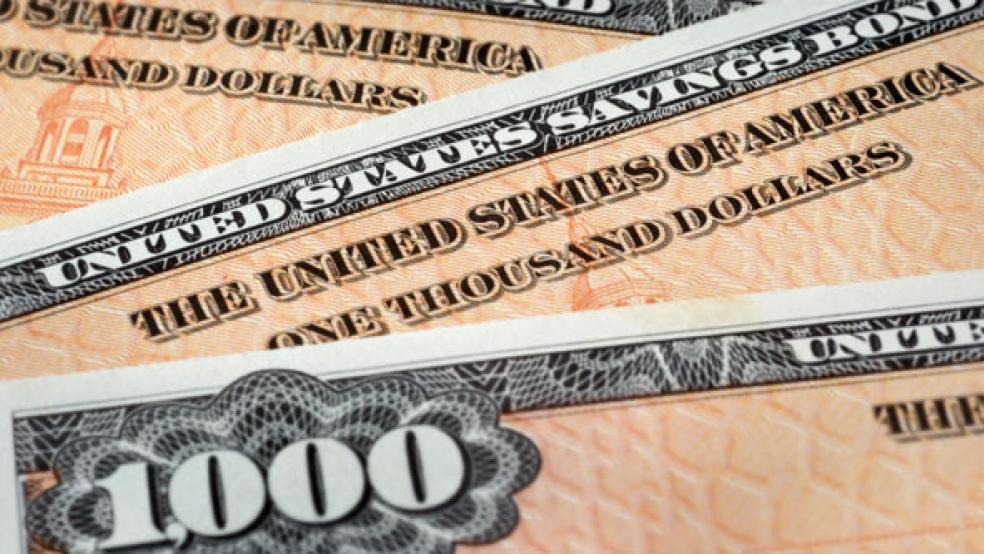The U.S. debt ceiling debate is unlikely to change Standard & Poor's AA U.S. sovereign rating, the credit ratings agency said Monday, but warned a protracted battle or a breach of next month's deadline could alter their calculus.
In a research note, S&P appeared to lower the probability of a repeat performance of the downgrade drama that paralyzed markets in 2011. In a controversial move two years ago, the impasse between the Congress and the White House led S&P to strip the U.S. of its AAA credit rating. The ratings agency was the only one of its peers to do so—leading it to accuse the U.S. of retaliation when the federal government sued S&P for its part in the 2008 financial crisis.
Yet at least for the moment, S&P appeared to take a more tempered approach to the saga unfolding in the nation's capitol, even as it decried the "political brinkmanship" at the heart of the current spending crisis.
RELATED: THE SHOCKING COST TO TAXPAYERS OF A SHUTDOWN
"In our opinion, the current impasse over the continuing resolution and the debt ceiling creates an atmosphere of uncertainty that could affect confidence, investment, and hiring in the U.S. However, as long as it is short-lived, we do not anticipate the impasse to lead to a change in the sovereign rating," S&P said.
The ratings agency added that, depending on the length of a shutdown, the economic impact could be "more significant" than during the last budget impasse of 1995-1996. "Of course, the length of any shutdown is another important factor," S&P said.
Still, the world's largest economy is not yet out of the woods: S&P outlined a few scenarios in which the U.S. could suffer a stiff penalty for a prolonged spending battle.
The U.S. statutory debt ceiling embroiled in the fight over Obamacare and the omnibus spending bill, with current government financing projected to exhaust itself by the middle of October. Should that benchmark is passed, S&P warned a failure to pass a debt ceiling hike would prompt the firm to lower the U.S.'s sovereign rating to "selective default."
RELATED: 13 WAYS A GOVERNMENT SHUTDOWN COULD AFFECT YOU
That classification "indicates the issuer...had failed to meet one or more of its outstanding debt obligations," S&P said, adding that historically, selective-defaults end up lowering ratings to "between CCC and B." The firm "would analyze the changes in the political and economic landscape in determining a post-default rating."
Earlier Monday, the Senate rejected a budget bill advanced in the House, heightening the possibility of a government shutdown at midnight.
In a 54-46 vote, the Senate on Monday stripped provisions that would have delayed the implementation of Obamacare by a year, and instead sent an emergency spending bill to the House, where its fate is uncertain.
"This sort of political brinkmanship is the dominant reason the [U.S.] rating is no longer 'AAA'," S&P said in a research note.
This piece originally appeared at CNBC.
Read more at CNBC:
Stocks Drop As Senate Rejects House Funding Plan, But Up Sharply for Month
Senate Rejects House CR, Shutdown Looms
A Tax on Medical Devices Stirred the Budget Debate




